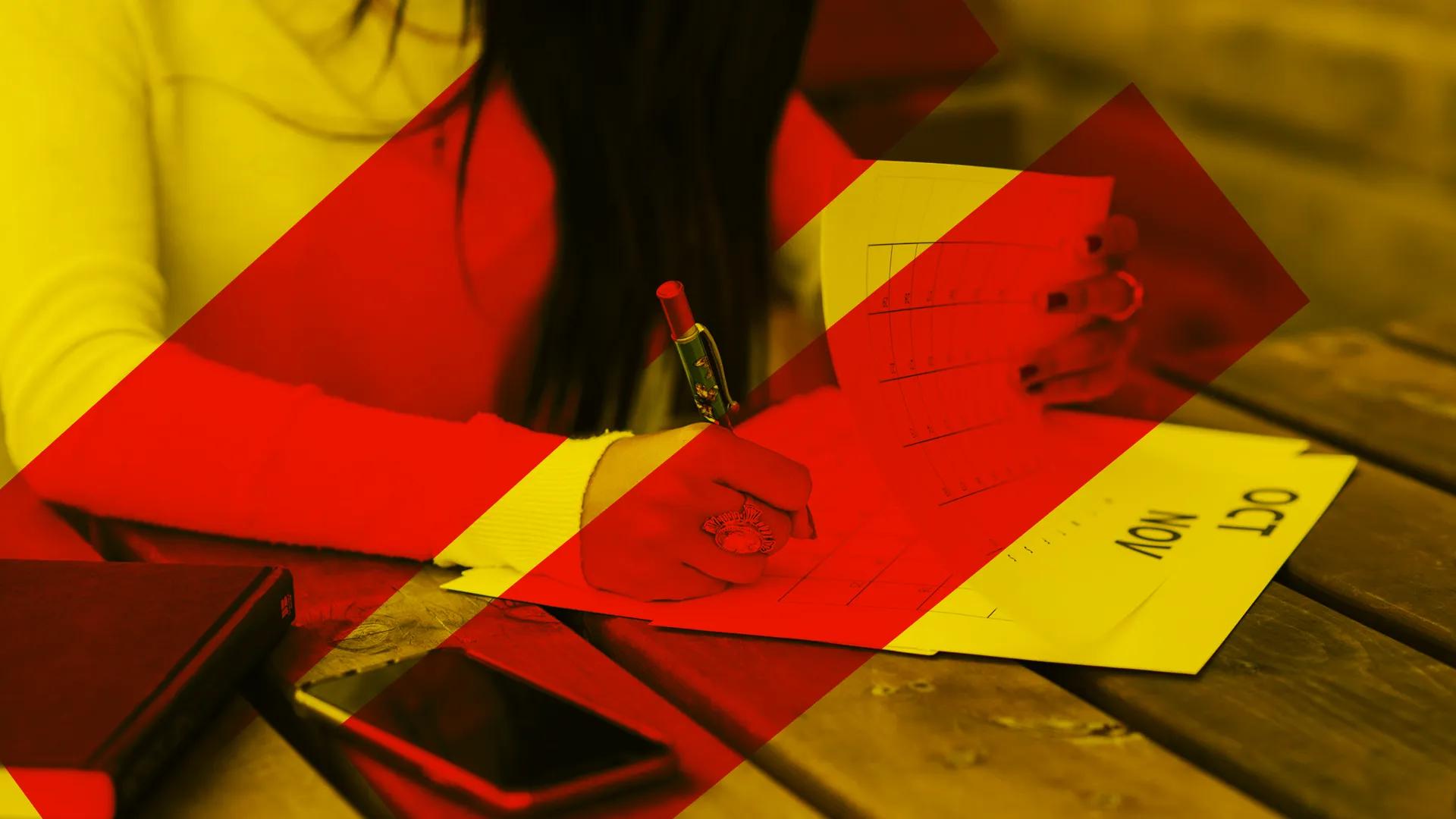Coping with Stress
18 October 2023 at 09:30 · 7 min read

Many of us can relate to feeling run down and stressed whether it be because of a high workload, time pressure restraints, financial concerns or, most recently, the ongoing challenges surrounding the current pandemic.
So, what are some of the strategies that you can use to handle stress?
The Three C’s of Coping with Stress
People tend to cope much better with stress when they proactively utilise what is sometimes called, "The Three C’s":
- Control - Having a sense of control over the external event
- Commitment - a commitment in daily life
- Challenge - to challenge our own perspectives if changes occur
Active coping can help to improve the control, commitment and challenges in overcoming stress. Simple yet effective coping strategies involve:
- Seeking social support or professional help
- Requesting help from family or friends
- Prioritising tasks- making To-Do Lists and keeping a diary
- Problem-solving – tackling one task at a time, in bitesize chunks
Problem-focused versus Emotion-focused approach.
The Problem Focused Approach:
Problem-focused coping involves actions to reduce the strains of the stressor, so it becomes more manageable. For example, this could be writing down a list of things to do, sticking to getting those things done within that week and gradually ticking those things off your list once they have been completed.
The Emotion-Focused Approach:
Emotion-focused coping allows us to directly deal with the emotions we may experience, through behavioural and cognitive strategies, such as talking about how we are feeling with others. Feeling listened to, understood and supported can validate how we feel and encourage us to make positive changes in our thoughts and behaviour.
How Social Support can positively affect our health
Interestingly research has shown that coping processes which involve finding meaning in the stressful event, positive reappraisal and problem-focused coping are effective in leading to positive outcomes. Positive social support is a key element of coping with stress; it can help our self-esteem, give us the chance for advice, guidance, companionship and strengthen relationships, as well as provide instrumental support (which involves physical help). A research study (Cohen et al, 2015) found that even simply hugging, as a means of support, reduces stress-induced susceptibility to infectious diseases. Over 400 adults were exposed to a strain of the common cold virus and the results indicated that more frequent hugging and greater perceived social support predicted less severe signs of illness than those who became infected by the virus.
The stress buffer hypothesis suggests that individuals tend to cope better with stress through good social support. This theory implies that the existence of other people within our support network helps us when we deal with stressors, through imagining what others would do and selecting an appropriate way of coping to manage the situation. Role theory suggests that the existence of other people provides choices and to which role identity the individual should adopt to handle a stressful life event. It is emphasised that an individual may change their roles according to the type of stressor and seeing through the most effective way of coping.
Relaxation techniques
It is important to take some time for yourself and simply relax, in ways which you like the most.
Whilst they may vary from person to person, they needn’t be complex: it could be learning a new skill, returning to an enjoyable hobby or simply taking a well-needed rest.
- Breathing techniques - Taking slow deep breaths while your mind gradually becomes calmer from distracting thoughts or sensations, can help ease tension and increase self-awareness and perception.
- Yoga - Is a practice of stretching and flowing movements which helps in reducing stress through mentally focusing on the exercises, as well as inducing calmer rhythmic breathing. A routine practise of yoga can improve your flexibility, balance and posture- benefiting your body’s physiology and muscular strength.
- Journaling - The practice of keeping a diary that explores your thoughts and feelings surrounding your daily life or certain events that you have experienced. There are several different ways to do this. Journaling can be used as stress management and self-exploration tool, it can be most effective when done consistently, but even occasional or irregular journaling can be therapeutic helping us to process our emotions and stress relieving. Journaling can be useful particularly when focused on gratitude (exploring what we are thankful for having in our lives, where we may refer to significant others, ourselves or experiences).
- Being outdoors in nature - Walking, running or even just sitting down in a natural setting can have a therapeutic effect, helping to clear our minds from distractions. Viewing scenes of nature helps to reduce stress, anger and anxiety- helping you to feel emotionally at ease, improving your physical wellbeing, reducing blood pressure, heart rate, muscle tension, and the production of stress hormones. Numerous studies have shown that being outdoors surrounded by nature helps to reduce depression, anxiety and feelings of discomfort in people and can restore a calm, positive mood and emotional balance.

